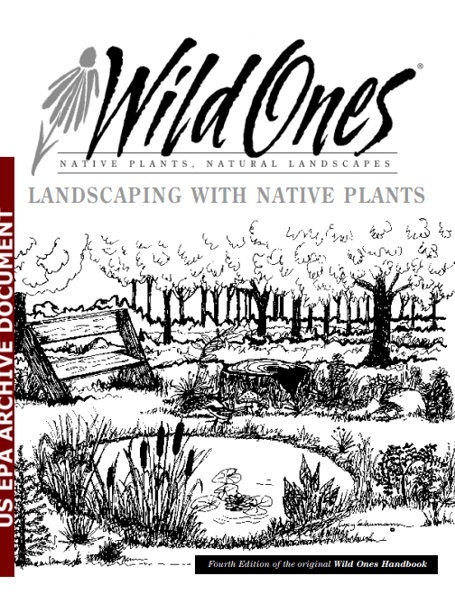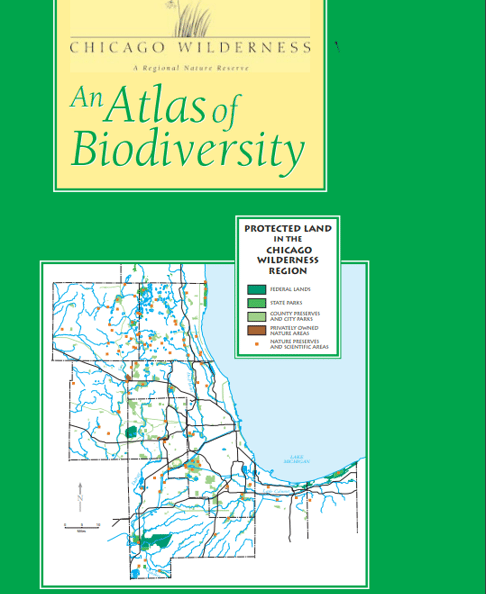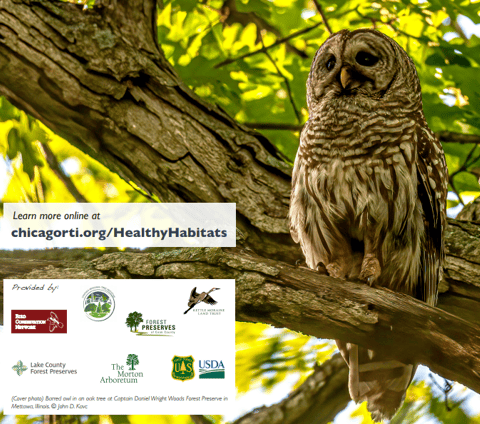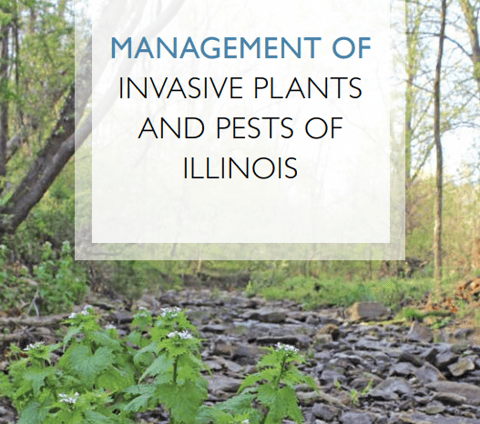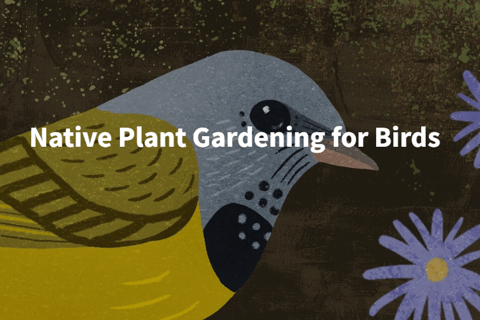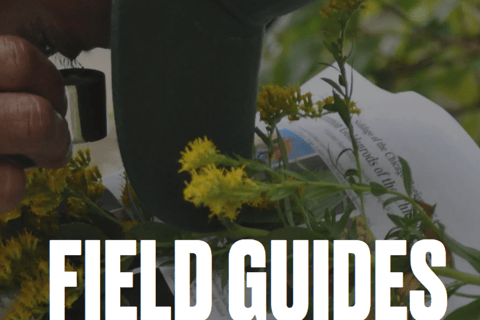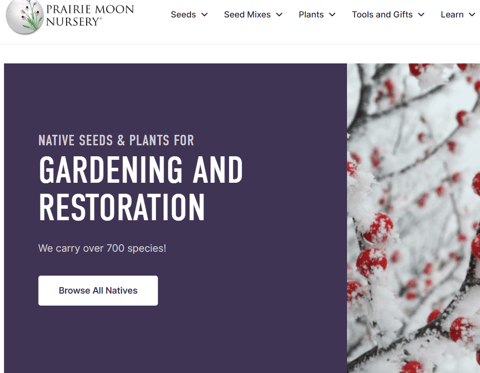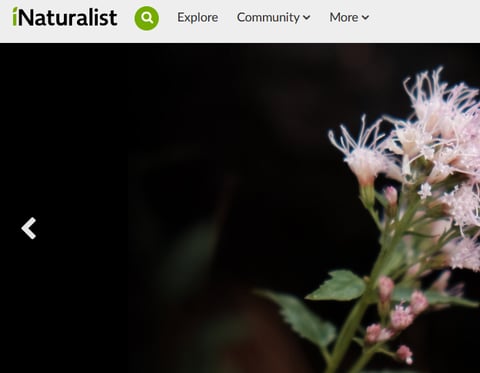
Self Help (native plant) Resources
Click the pics & buttons to see!

Links to my friends:
Save the Prairie Society:
The folks who gave me my start... based at Wolf Road Prairie SNP.
I Love Native Plants:
Best native plant retailer available, local activists and a couple o' great people to give your money.
Wild Ones West Cook:
Local branch of the best resource for at-home native ecosystems!
The Grove at Glenview:
An awesome bunch of restorationists and collaborators!
Chi Nations Youth Council:
Native youth fighting for the health and wellbeing of their cultural land.
Midwest SOARRING:
Local native Americans preserving their culture and community.
Just some organizations worth supporting
Go Green Brookfield:
Helping Brookfield be one of the most sustainable villages around.
Friends of Brookfield Oak Savanna:
The place where my love of nature began, a site of which I am now steward. A Brookfield essential.
Grassroots Garden Group:
Westchester's purveyors of gardening knowledge and ecological advocacy!
Brookfield Native Plants Club:
A resource for community action and for Brookfielders and other locals to get help and resources for managing our home ecosystems.
Wildseed:
Partner & affiliate of intersectional green infrastructure project management!
Healthy Hood Chicago:
Faith-based community action organization in Pilsen & friends of Wyatt E Coyote.

Glossary:
Annual - a plant whose entire life cycle occurs in one growing season.
Anthropocene - refers to the current era of Earth (circa apx. 10,000 y/a) in which all ecosystems on Earth are affected directly or indirectly by humans.
Anthropogenic - events, actions, functions, disturbances, etc that are generated by humans.
Biennial - a plant whose entire life cycle occurs in two growing seasons, flowering and fruiting in the second year.
Biodiversity - the amount of different species within an ecosystem. Generally, the more variety of site-appropriate native species, the healthier the ecosystem.
Biological (treatment) - refers to the use of other species and their functions to treat the problems in an ecosystem. Ex. introducing native mantids to eat invasive Japanese beetles.
Bioswale - a form of man-made green infrastructure that filters runoff, detains floods, and mitigate erosion. Similar to a rain garden.
Chemical (treatment) - refers to the use of herbicides or other pesticides to eliminate unwanted species in an ecosystem.
Co-evolve - when multiple species evolve in the same area in response to the same disturbances and control each other’s populations by competition or collaboration/symbiosis.
Community (of an ecosystem) - a unit of various cohabitating populations of different species that form a distinct ecological structure within an ecosystem. Essentially a sub-unit of an ecosystem. Ex. an oak tree supports a community of lichen, fungi, birds, frogs, mammals, microbes, and more.
Community action - direct-involvement by members of a community in fulfilling the immediate needs of other members of their community. Ex. starting a free grocery store in a public building, or a garden that directly feeds community members.
Conservation - the practice of managing natural resources for maximum longevity and abundance.
Conservative (of a species) - refers to the 'Conservation Value' (CV) of a population or species, which is measured based on several features that determine how specific the needs are of a species in order to establish itself in an ecosystem.
Cultural Landscape - a complex of ecosystems in which humans were a keystone species and altered the ecosystem according to their cultural values and needs.
Disturbance - events that exert stress on an ecosystem and thus help to define and create that ecosystem, such as fires, floods, windthrow, frost, cultivation/exploitation, natural disasters, driving/biking/hiking, grazing, etc.
Dynamic Equilibrium - a range of fluctuation within which an ecosystem predictably transitions back-and-forth. For example, the dynamic equilibrium of an Oak Savanna may change from less trees and drier weather to more trees and wetter weather, multiple times over many centuries or millennia.
Ecology - the study of ecosystems, which includes aspects of geology, hydrology/hydraulics, climatology, biology, and more.
Ecosystem - the interactions of all living and nonliving things in a given context. Everywhere is an ecosystem.
Emulated - describes an ecosystem that is created by humans based on an existing natural reference ecosystem, meant to perform the same functions as a remnant ecosystem. For example: a soybean farm that is re-flooded and converted into prairie and marsh vegetation.
Exotic - a species outside the area in which it evolved.
Foliar (herbicide) - refers to the application of herbicide by spraying onto the leaves, or foliage, of the target plant.
Functionality (of an ecosystem) - the different niches, roles, and traits that different species or populations fulfill within their ecosystem. Greater biodiversity = greater functionality = greater productivity.
Green Infrastructure - ecosystems which facilitate services essential to life and society, such as water processing. Includes both natural ecosystems and artificially engineered or altered ecosystems.
Grey Infrastructure - artificial means of facilitating services essential to life and society which are otherwise performed , in most, by natural processes. Ex. a wastewater plant or stormwater system.
Hydric (of a soil) - soils that are typically saturated with water, such as occur in most wetlands.
Hydrophilic (of a species) - a species (usually a plant) that prefers hydric soils and/or regular to periodical inundation.
Invasive - a species that, when displaced from the context in which it evolved, degrades and destroys the ecosystem to which it was displaced.
Mechanical (treatment) - refers to physical means of altering species composition in an ecosystem, such as deadheading and pulling invasive plants.
Mesic (of a soil) - soils that retain a high volume of moisture but are not saturated with moisture. Lies on a spectrum between Xeric and Hydric, and includes both wet-mesic and dry-mesic.
Mesophication - a process in the Midwest by which fire-intolerant, shade-loving invasive shrubs and trees form a monoculture in a native, fire-dependent, sun-loving ecosystem, and ultimately replace the native ecosystem. This destroys or alters the geology, hydrology, biology, and climate of a site once it has been mesophicated.
Monocarpic - a perennial that regrows from a rootstock every growing season, but dies after the first flowering and fruiting.
Monoculture - an ecosystem that is dominated by one single species, almost always an invasive species.
Native - a species within the area in which it evolved.
Perennial - a plant that regrows from a rootstock every growing season, flowering and fruiting multiple times.
Productivity (of an ecosystem) - the total energetic and chemical output of an ecosystem. Also useful to describe how much an ecosystem is performing as green infrastructure, such as for carbon sequestration, water processing, runoff/erosion control, etc.
Remnant - describes an ecosystem that has never been replaced or destroyed since European settlement. Usually determined by soil structure remaining in-tact since settlement.
Ruderal - an environment in which the natural soil structures and other ecosystem features have been removed or wasted entirely. Most settled areas (urban/suburban/industrial/agricultural) are ruderal.
Stump Treatment (herbicide) - a type of direct application when treating unwanted woody species (shrubs, trees, vines, etc), the plant is cut near the bottom of its stems and then herbicide is applied directly to the stump wound with a sponge. Reduces or eliminates herbicide contamination.
Succession - the processes by which an area transitions from one ecosystem-type to another. All ecosystems constantly undergo succession, with some ecosystems being much more stable and long-lasting than others. 'Stable' succession tends to fluctuate within a range called 'Dynamic Equilibrium' (see above). You may hear such ecosystems fallaciously referred to as 'Climax Ecosystems'.
Systemic (herbicide) - an herbicide that, once introduced to a plant’s vascular system, travels throughout the entire plant - and not beyond it.
Water Regime - the prevailing pattern of waterflow given a certain place and time.
Wicking (herbicide) - a type of direct application when treating plant species wherein herbicide is painted or rubbed directly onto the stem of the plant, reducing or eliminating herbicide contamination.

